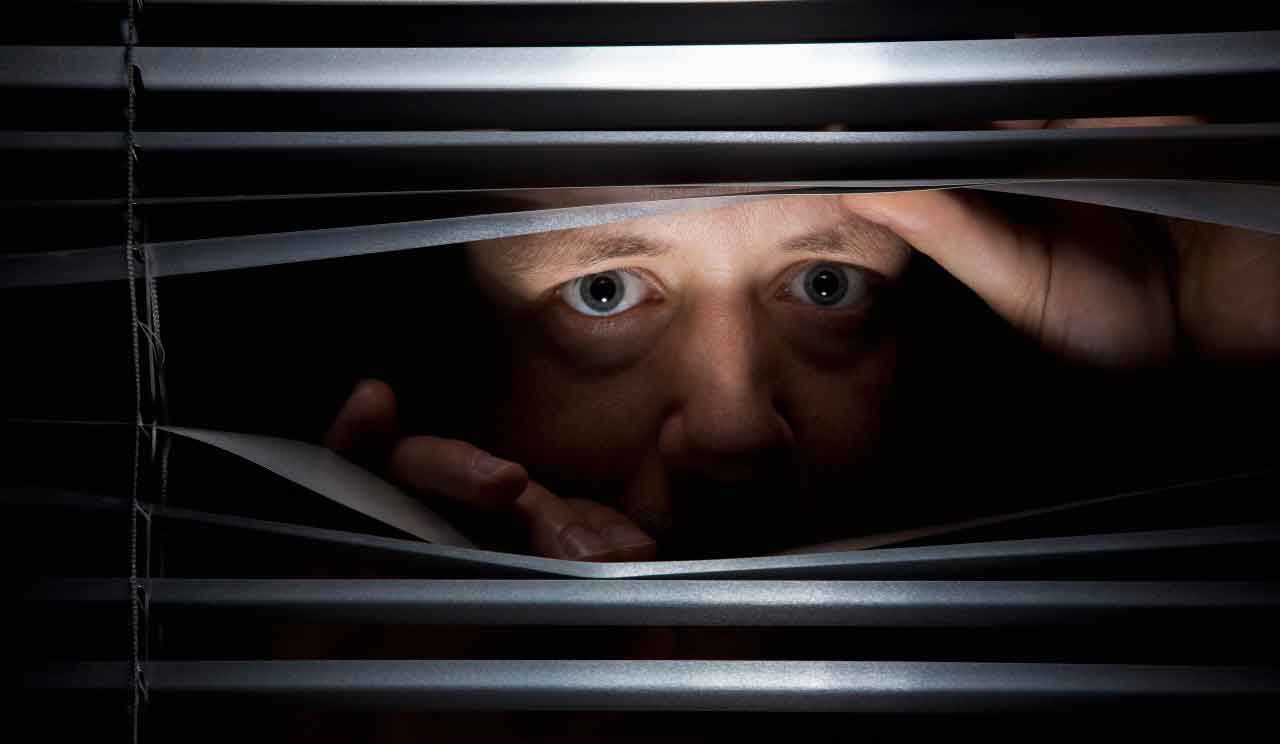January 11, 2018
How to Deal with Paranoia

One of the most profound symptoms of schizophrenia, and the one that’s stuck around the longest for me, is paranoia. It’s an ebbing feeling of dread that people are out to get you in some way or another.
For me this manifests in the acute notion that people are making fun of me, and that they’re judging me.
This may not be the same in everyone with schizophrenia, but paranoia about one thing or another seems to be a pretty profound symptom in anyone with the illness.
YOU MIGHT ALSO LIKE: How to Deal with Symptoms and Complications of Schizophrenia
It happens almost without warning: you’re sitting with your friends at a restaurant and a party of several people behind you begins to laugh.
The immediate thought most people have when they hear laughter is that the group behind them is enjoying themselves, they must be a little drunk or you wish they would quiet down a little bit.
For someone in my situation though, the first thought is automatically, “Oh crap, they’re laughing at me, did I do or say something stupid? They all think I’m crazy/weird/stupid.” This small notion that the party is laughing at you then spirals into a whirlwind of anxiety about the way you acted, that time you acted stupid, or that just the simple look of you is worthy of ridicule. This is an all too common occurrence for me, and I imagine the same can be said for others who live with schizophrenia.
That said, there are several ways you can combat the paranoia.
First it’s ok if you need to leave the situation for a little bit. You can excuse yourself to the restroom or to step outside for a moment and nobody will think any less of you. Nobody has to know there’s a storm going on inside your head. Little escapes like this are beneficial for escaping the whirlwind of the moment, and they can give you a moment to collect your thoughts.
Another really good method for dealing with paranoia is to take some deep breaths. Inhale for five seconds through your nose, then exhale for five seconds through your mouth. Do this as many times as you need to quell the storm. Our brains thrive on oxygen and giving it plenty to work with will help your thoughts quiet down and your nerves subside. It sounds so cliché, but deep breathing really does work wonders.
Finally, don’t be afraid to express what you’re feeling to your friends or your family or whoever you came with. If they realize that you’re having a moment of panic, they can do their best to help you with the situation by talking you down or soothing you with a bit of physical contact; a hand on your shoulder or back can work wonders to help the tenseness in your shoulders loosen up. If you let someone else know that you are having trouble, they can also help you get out of the situation if need be. Friends are valuable when times like this arise, and you can be sure that if you’re vulnerable with them about how you’re feeling they can help.
I realize that it’s hard to deal with paranoia, especially in the moment, but if you can find a moment to escape, do a little deep breathing and maybe tell someone. Things will subside quickly and you’ll get back to enjoying yourself.
These are great tricks to have in your mental illness toolbag.


